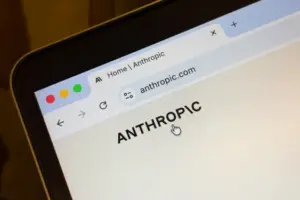GEPA optimizes LLMs without costly reinforcement learning

Want smarter insights in your inbox? Sign up for our weekly newsletters to get only what matters to enterprise AI, data, and security leaders. Subscribe Now Researchers from the University of California, Berkeley, Stanford University and Databricks have introduced a new AI optimization method called GEPA that significantly outperforms traditional reinforcement learning (RL) techniques for adapting large language models (LLMs) to specialized tasks. GEPA removes the popular paradigm of learning through thousands of trial-and-error attempts guided by simple numerical scores. Instead, it uses an LLM’s own language understanding to reflect on its performance, diagnose errors, and iteratively evolve its instructions. In addition to being more accurate than established techniques, GEPA…


